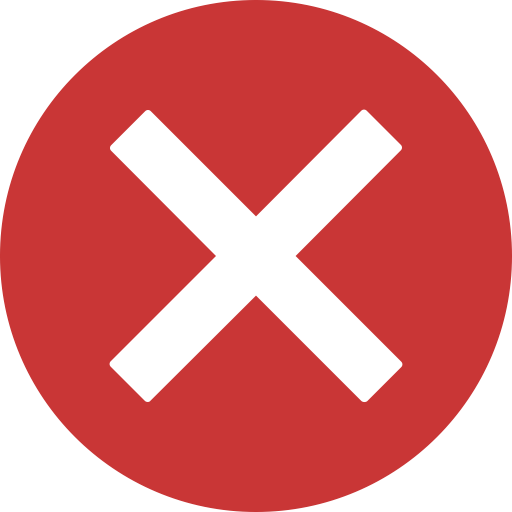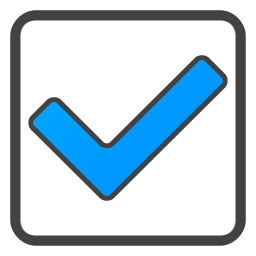251312: Occupational Health and Safety Adviser
Skill Level: 1
Assessing Authority: VETASSESS
Visa Options – ANZSCO 251312
| Visa Type | Eligibility | MLTSSL | STSOL | ROL |
|---|---|---|---|---|
| Subclass 189 (Skilled Independent) |  | - | - | - |
| Subclass 190 (Skilled Nominated) |  | - |  | - |
| Subclass 491 (State/Territory nominated) |  | - |  | - |
| Subclass 491 (NOT nominated by State/Territory) |  | - | - | - |
| Subclass 485 (Graduate) |  | - | - | - |
| Subclass 482 (TSS) |  | - |  | - |
| Subclass 186 (ENS) |  | - | - | - |
| Subclass 187 (RSMS) |  | - |  | - |
| Subclass 407 (Training) |  | - |  | - |
State Eligibility Summary Table – ANZSCO 251312
251312: Occupational Health and Safety Adviser
Description
Develops, implements and evaluates risk management policies and programs, trains employees in occupational health and safety procedures, monitors and audits the workplace, and records and investigates incidents to ensure safe and healthy working conditions.
Skill Level
Occupations at Skill Level 1 have a level of skill commensurate with a bachelor degree or higher qualification. At least five years of relevant experience may substitute for the formal qualification. In some instances relevant experience and/or on-the-job training may be required in addition to the formal qualification.
Specialization
- Occupational Hygienist
- Workplace Rehabilitation Officer
Specialization titles are any commonly used titles which refer to a subset of jobs belonging to the occupation designated in the principal title. These jobs involve the performance of specialised tasks rather than the broader range of tasks usually performed in the occupation.
![]()
Tasks
- Developing, implementing and reviewing environmental health management plans and occupational health and safety plans
- Preparing and implementing plans and strategies for the safe, economic and suitable disposal of commercial, industrial, medical and household wastes
- Advising on and enforcing legislation, implementing prevention programs and strategies for communicable diseases, food safety, waste water treatment and disposal systems, recreation and domestic water quality, contaminated and hazardous substances, and minimising air, sea, water and noise pollution to improve health outcomes
- Identifying hazards, and assessing and controlling risks in the workplace
- Developing, implementing and monitoring programs minimising workplace and environmental pollution involving chemical and physical hazards
- Promoting ergonomic principles within the workplace such as matching furniture, equipment and work activities to the needs of employees
- Inspecting and auditing workplaces, processes, plant, and chemical and physical hazards for legislative compliance
- Training employees in personal protective equipment and safe working procedures
- Recording and investigating injuries and equipment damage, and reporting safety performance
- Coordinating the return of injured workers into the workplace
![]()
Assessing Authority
“Currently there is no known caveats applicable to this occupation”. Refer to Department of Home Affairs website for updated list.
![]()




